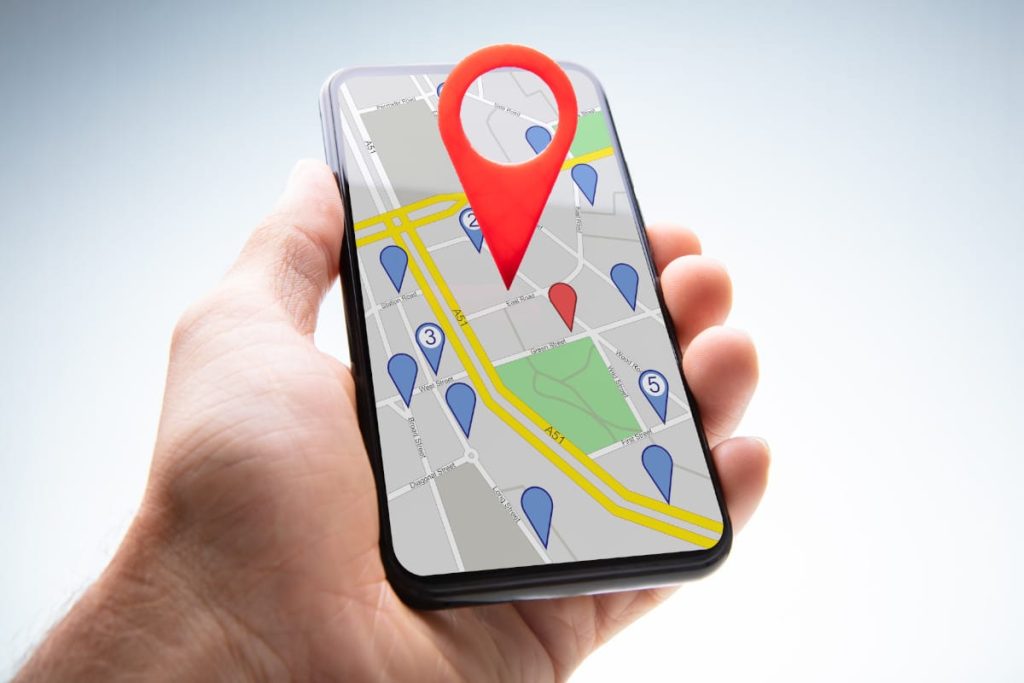In today’s digital age, our lives are intricately intertwined with technology, blurring the lines between the virtual and the real world. Location tracking apps like Life360 have become increasingly popular, promising safety and peace of mind for families and friends. However, there arises a dilemma when individuals seek to manipulate their location on such platforms. In this article, we delve into the ethical considerations and technical aspects of faking location on Life360 for iOS.
Life360: A Brief Overview
Life360 is a location-sharing app designed to connect families and friends, allowing them to stay updated on each other’s whereabouts in real-time. It offers features like location tracking, geofencing, and alerts for emergencies or unsafe driving behavior. While its primary aim is to enhance safety and communication within families, some users may find its tracking capabilities invasive or restrictive.

Despite its well-intentioned purposes, some individuals may feel uncomfortable with the level of surveillance Life360 imposes. They may wish to maintain their privacy or autonomy by obscuring their true whereabouts. Additionally, there could be instances where users want to appear as if they are in a different location for personal or practical reasons, such as avoiding unnecessary questions or obligations.
Ethical Considerations
The act of faking one’s location on Life360 raises several ethical concerns. Firstly, it undermines the trust and transparency that are fundamental to healthy relationships, especially within families. Deceiving loved ones about one’s location can erode trust and lead to strained relationships. Moreover, it can perpetuate a culture of dishonesty and deception, setting a poor example for children or younger family members.
Furthermore, manipulating location data on Life360 can have practical consequences, particularly in emergency situations. Accurate location information is crucial for timely assistance during emergencies, such as accidents or medical crises. By falsifying their location, individuals risk impeding the effectiveness of emergency response efforts and jeopardizing their safety or that of others.
Technical Methods for Faking Location on Life360 for iOS
Despite the ethical implications, some users may still seek ways to fake their location on Life360. On iOS devices, there are several methods to achieve this, ranging from built-in features to third-party apps. One common approach is using a VPN (Virtual Private Network) combined with a GPS spoofing app.
VPN: A VPN reroutes your internet traffic through a remote server, masking your IP address and potentially tricking Life360 into believing you are in a different location. While this method may work for some apps, Life360’s location tracking relies heavily on GPS data, making it less effective on its own.
GPS Spoofing Apps: GPS spoofing apps allow users to manipulate their device’s GPS coordinates, effectively faking their location. These apps simulate movement and can override the location data sent to Life360. However, it’s essential to note that using such apps may violate Life360’s terms of service and could result in consequences like account suspension or loss of privileges.
The Desire to Fake Location
The issue of faking location on Life360 for iOS presents a complex intersection of technological capabilities, ethical considerations, and personal privacy. While individuals may have valid reasons for wanting to obscure their location, it’s crucial to weigh the potential consequences and ethical implications of such actions.

Ultimately, open communication and mutual respect are paramount in addressing concerns related to location tracking apps like Life360. Rather than resorting to deception, users should engage in honest dialogue with their loved ones about their privacy preferences and boundaries. Additionally, developers and policymakers must continue to explore ways to balance safety and privacy in the digital realm, ensuring that technological advancements uphold ethical standards and respect individual rights.
In a world where technology increasingly permeates every aspect of our lives, navigating the complexities of privacy and security requires thoughtful consideration and responsible behavior. Only by fostering a culture of trust, transparency, and respect can we truly harness the benefits of technology while safeguarding our fundamental rights and values.
Conclusion
In conclusion, the issue of faking location on Life360 for iOS underscores the need for a nuanced approach to privacy and technology. While the temptation to manipulate one’s location may arise from concerns about surveillance or personal autonomy, it’s essential to recognize the broader implications of such actions.
As we continue to grapple with the ethical dilemmas posed by location-tracking apps and other digital technologies, it’s crucial to prioritize honesty, communication, and respect for individual boundaries. Rather than resorting to deceptive tactics, we should strive to foster trusting relationships built on open dialogue and mutual understanding.
Furthermore, developers and policymakers must remain vigilant in safeguarding user privacy and upholding ethical standards in the design and implementation of location-tracking features. By promoting transparency, accountability, and user consent, we can ensure that technological advancements serve the collective good while preserving individual rights and dignity.
Ultimately, the responsible use of technology requires a balance between innovation and ethics, where individuals are empowered to make informed choices about their digital footprint while respecting the privacy and autonomy of others. By embracing these principles, we can navigate the complexities of the digital age with integrity, empathy, and respect for the values that unite us as a society.